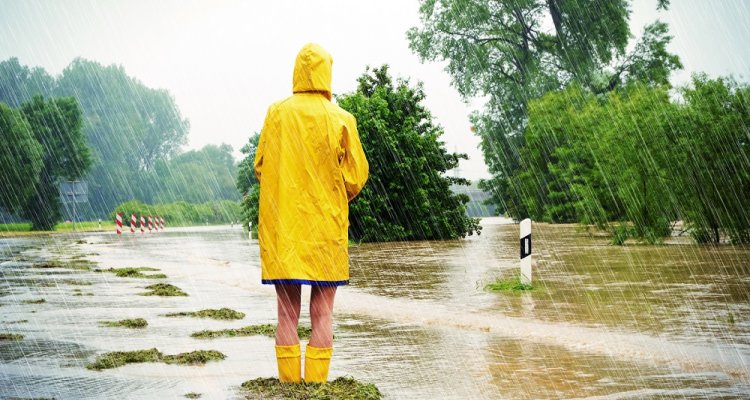
Project
Nexogenis
Water, Energy and Food form an interconnected nexus, with Ecosystems and their services inextricably bound up in the WEFE nexus. Shifts in the WEFE nexus are driven by changes in biophysical and human conditions. Continuing current consumption implies deepening resource and ecological deficit. To effectively manage resources and avoid conflicts between users, policies must be intelligently designed to address nexus interconnectedness at many spatial scales. The European Commission (EC) has developed an initiative for a resource-efficient Europe. However, EU-wide policies (Water Framework Directive (WFD), Renewable Energy Directive (RED), Common Agricultural Policy (CAP)), have been developed ‘sectorally’ and the EU Green Deal and UN SDGs are developed without fully considering trade-offs between objectives, leading to fragmentation with little consideration of impacts on other sectors and stakeholder relationships, with inefficient and sub-optimal markets and trade in resources. This offers an opportunity to improve policy design and the policy design process. A better understanding of the impact of policies on the WEFE nexus with artificial intelligence tools to assist policy makers in guiding integrated policy design is required if sectoral synergy is to be achieved. Such understanding will facilitate coherent water-related policy design to achieve resource use efficiency, leverage synergies, and promote sectoral cooperation.
Land, food, energy, and ecosystems are interconnected, comprising a coherent system dominated by complexity and modulated by climatic and socio-economic drivers. The constraints on, and interconnectedness of water, energy, food and ecoLand, food, energy, and ecosystems are interconnected, comprising a coherent system dominated by complexity and modulated by climatic and socio-economic drivers. The constraints on, and interconnectedness of water, energy, food and ecosystems could hamper economic development, including optimal trade, market and policy solutions. To compound matters, policy objectives tend to be developed sectorally, with little consideration for other nexus sectors, and new policies may influence actor behaviour, changing nexus characteristics, in turn changing actor behaviour and potentially policy formulation. NEXOGENESIS will apply a coherent framework to develop and validate an innovative self-learning nexus assessment engine exploiting novel complexity science, stakeholder engagement and artificial intelligence approaches in five case studies, including one from southern Africa. The nexus assessment engine will explore the nexus-wide impacts of newly introduced policies against benchmarking KPIs also accounting for climate, socio-economic and transboundary aspects. It will learn and adapt to nexus response in order to ‘optimise’ policy solutions so as to minimise trade-offs and exploit synergies. Suggested policy options will be deliberated and validated by stakeholder and policy makers. The policy options aim to be streamlined into the nexus in a coherent manner, accounting for all sectors’ objectives without disrupting others. Through the case studies and strong stakeholder engagement and validation of output, NEXOGENESIS will improve policies and policy making processes to enhance cooperation and help the EU achieve targets related to the Water Framework Directive, the greener CAP, Green Deal ambitions, as well as ambitions on water diplomacy.